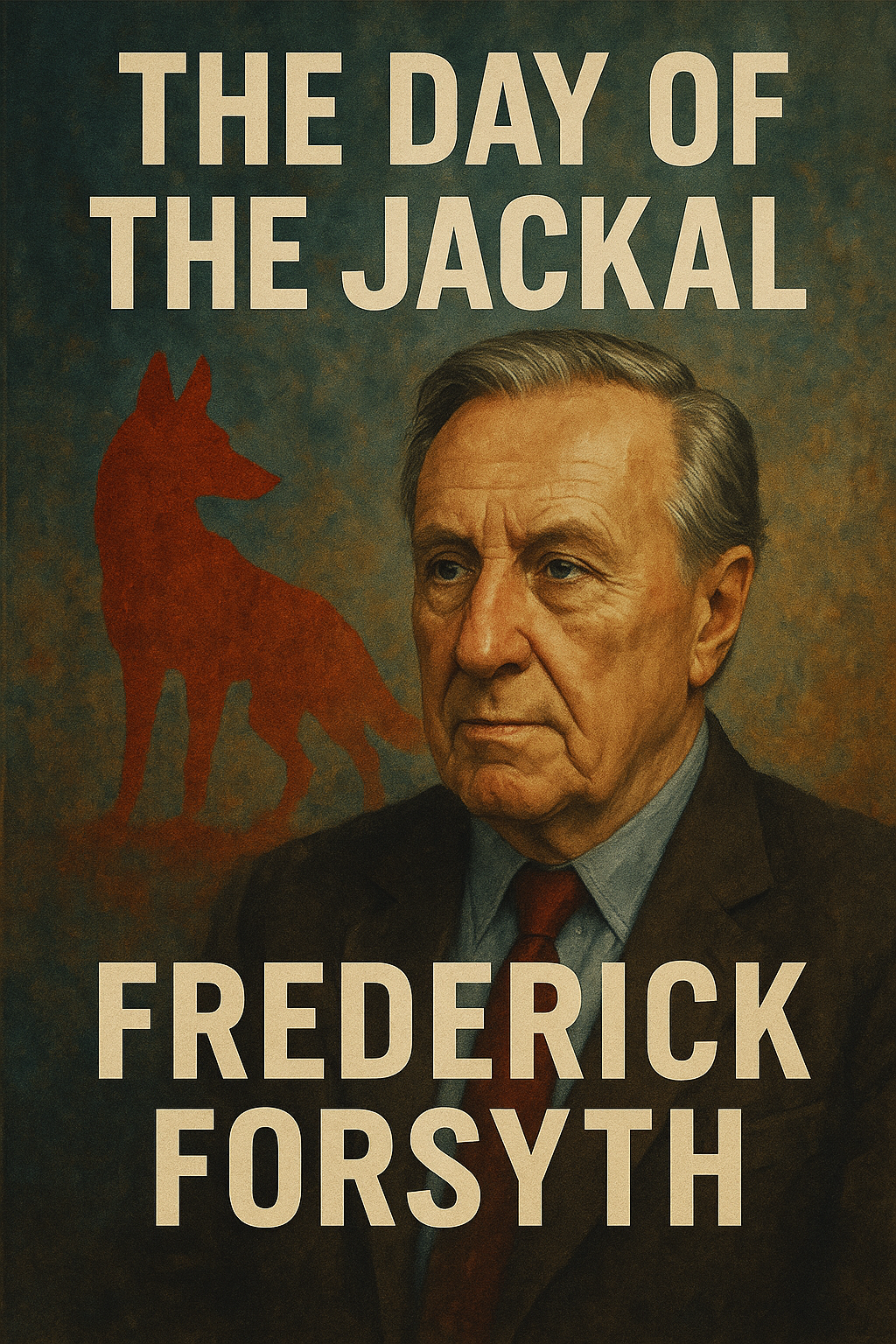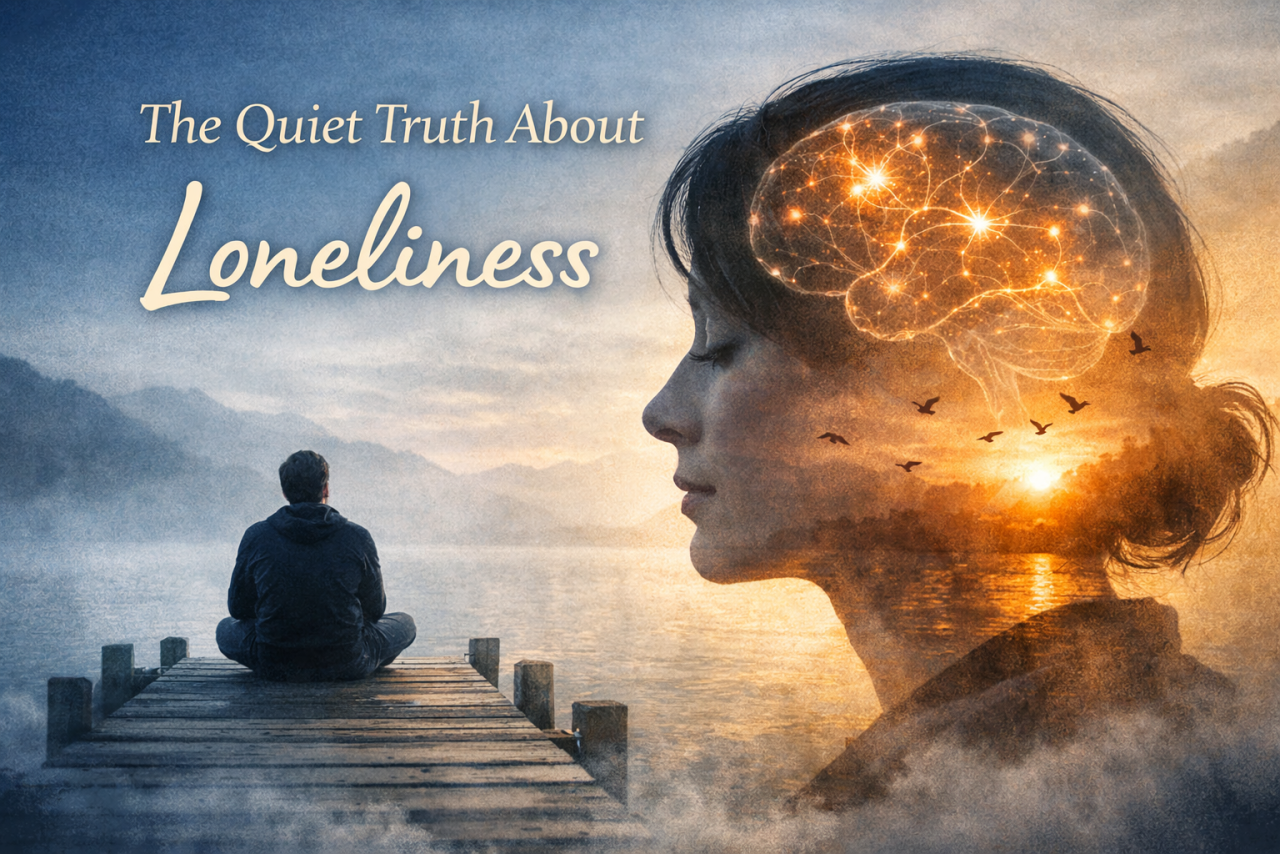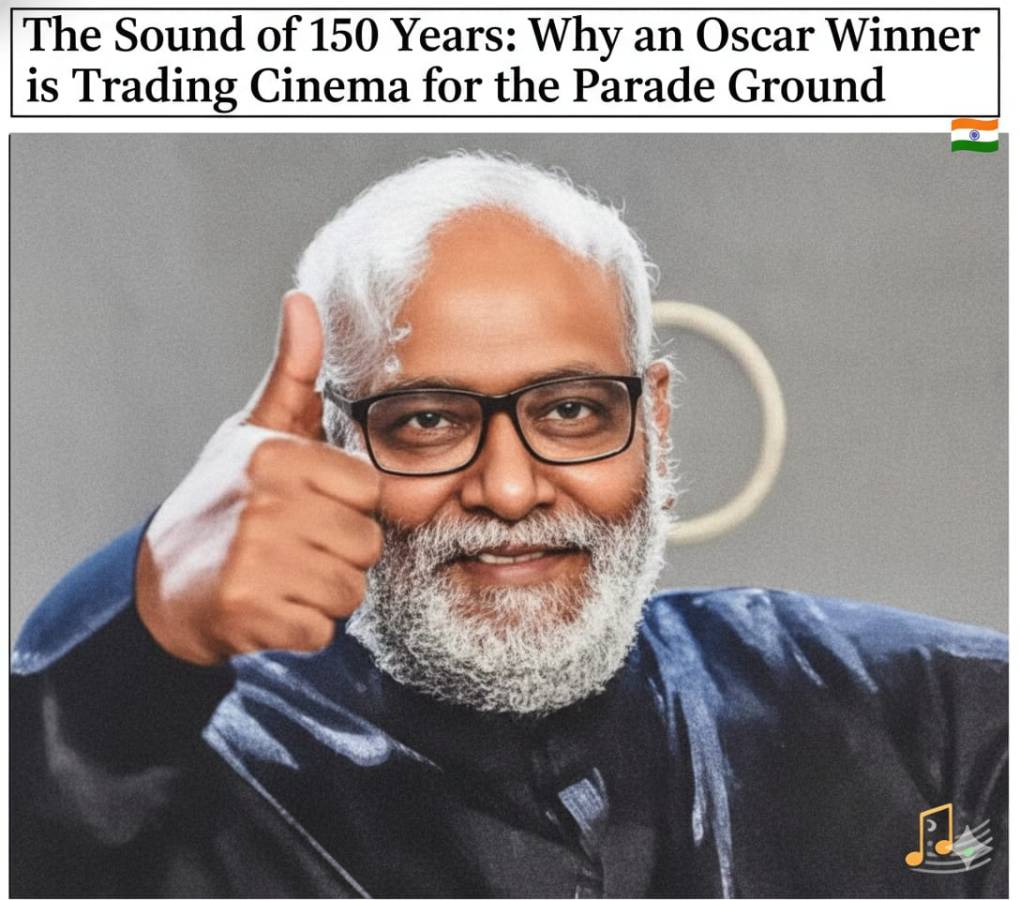
A man died last week—and with him, a kind of storytelling that asked you to wait, think, and dig deep. Frederick Forsyth, the author of The Day of the Jackal, The Odessa File, and other high-stakes thrillers, passed away at 86. For many, his death marks the end of an era in political fiction. But for the younger generation, raised in the glow of endless reels and swiping thumbs, it should mean something more. It should serve as a warning.
We live in an age that rewards speed over depth, brevity over thought, clicks over comprehension. Forsyth’s books offer the exact opposite. They are slow, deliberate, and dangerously intelligent. They don’t just ask for your attention—they demand your surrender. And in a time when attention has become our most depleted resource, this is precisely why the younger generation needs Frederick Forsyth more than ever.
The Death of Depth
Short videos teach us to scroll faster. Forsyth’s writing teaches us to observe slower.
Today, knowledge is too often reduced to visual fragments—one-minute explainers, five-second memes, trending outrage, AI summaries. But Forsyth's thrillers are blueprints in how to connect the dots, understand human motivations, and make sense of geopolitical puzzles. His most famous novel, The Day of the Jackal, reads like a case study in precision: a fictional assassination attempt on a French president, built on fact-checked realism, journalistic rigor, and suspense that simmers, not explodes.
This kind of storytelling is not entertainment—it’s education. And it’s disappearing from our mental diet.
Why Gen Z Needs Forsyth Now
This generation is more global, more informed, and more anxious than any before it. They live amid disinformation, geopolitical flux, and technological overload. But how do you form a coherent worldview in a landscape built for distraction?
Forsyth's novels don’t just provide thrilling plots; they offer mental structure. They show how events unfold, how consequences ripple, and how power is exercised behind the scenes. Reading him isn’t passive—it’s an act of decoding. And that’s a skill more vital now than ever before.
If Instagram gives you the headlines, Forsyth gives you the how and why.
From Novelist to Navigator
Forsyth wasn't a fantasist. Before he wrote fiction, he flew fighter jets and reported from war zones. He didn’t guess how spies operated—he knew. His novels are woven with firsthand knowledge, careful research, and a respect for the reader’s intelligence. He trusted you to follow complexity. And that trust is absent in much of today’s content, which assumes your attention span ends after a scroll.
That makes reading Forsyth a revolutionary act. It’s not nostalgia. It’s training.
A Generation at a Crossroads
Let’s not romanticize the past. But let’s not pretend TikTok can replace Tolstoy, or that a YouTube video can offer the same mental discipline as a 400-page political thriller. The tools of our time are powerful, but their speed has dulled our ability to think in chapters.
Forsyth believed in readers who could stay with a thought for more than ten seconds. In that sense, he believed in a better version of us.
Now, it’s up to Gen Z to prove him right.
Final Take
Frederick Forsyth’s stories might never trend on social media. But if even a few young minds pick up The Day of the Jackal and remember what it feels like to be fully immersed in a book, he will continue to outlive the noise. In a world that scrolls, reading him is the rebellion we all need.





















